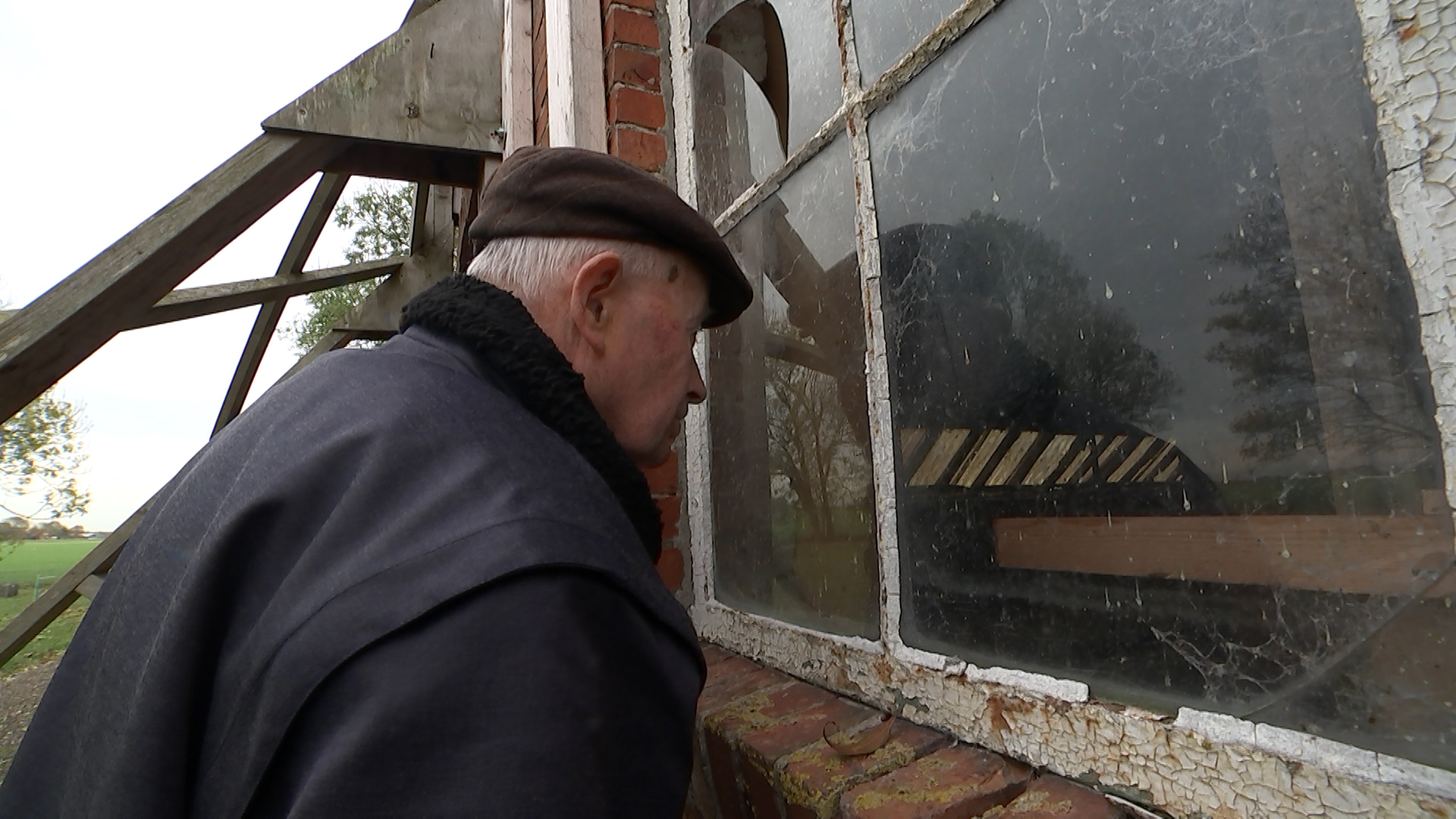Dutch Government to Cease Gas Extraction in Northern Province after Decades of Earthquakes
The Dutch government has announced its decision to end gas extraction from one of the world’s largest natural gas fields, located in the northern province of Groningen. The move comes after 60 years of extraction, during which time the region experienced a series of damaging earthquakes, causing unrest among residents and extensive property damage.
Prime Minister Mark Rutte stated that the gas tap would be turned off on October 1, signifying the definitive end of extraction. This decision marks a significant turning point for the Netherlands, as it means shutting down a lucrative source of revenue. However, Rutte noted that in exceptional circumstances, such as an extremely cold winter and issues with gas storage from alternative sources, gas extraction from the Groningen field may still be considered.
To address the concerns of affected residents, the government had already been reducing extraction levels, with the current focus on maintaining gas supplies for regional installations. However, thousands of households are still awaiting the strengthening of their homes, which have been damaged by the frequent tremors. Additionally, many others are seeking compensation for the impact on their properties.
The announcement was cautiously welcomed by Groninger Bodem Beweging, an organization representing the interests of the region’s residents. While acknowledging it as a step in the right direction, they emphasized the need for a definitive end to extraction without the possibility of resuming operations in the future.

Gas extraction in Groningen had been carried out by a consortium that included energy giants Shell and ExxonMobil. In 2018, the Dutch government made the decision to gradually reduce and eventually halt gas production from the field, which had an estimated reserve of 2,800 billion cubic meters.
A parliamentary report published in February criticized the government’s handling of the extraction, accusing it of prioritizing profits over the well-being of the affected population. The report revealed that the Dutch state had earned €363 billion from Groningen gas, prompting Prime Minister Rutte to issue an apology.
Rutte acknowledged the past suffering caused by the earthquakes but assured that efforts were being made to address the damages and strengthen affected structures. The government has committed to investing at least €22 billion in home repairs, infrastructure improvements, and long-term economic development in the region.
Johan Atema, the director of NAM, the company responsible for gas extraction in the Netherlands, expressed support for the closure of the gas field. He emphasized the significant contribution the field had made to the country’s energy supply and prosperity while acknowledging the ongoing impact on Groningen residents.
The decision to cease gas extraction in Groningen marks a turning point in the Netherlands’ energy landscape, prioritizing the welfare of its citizens and shifting toward alternative energy sources.

